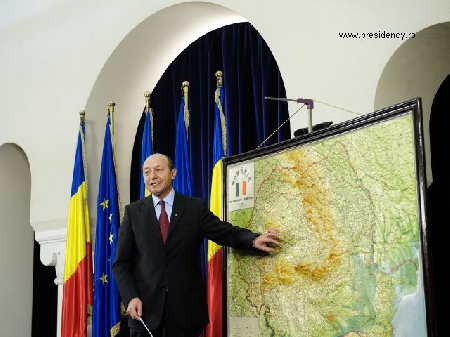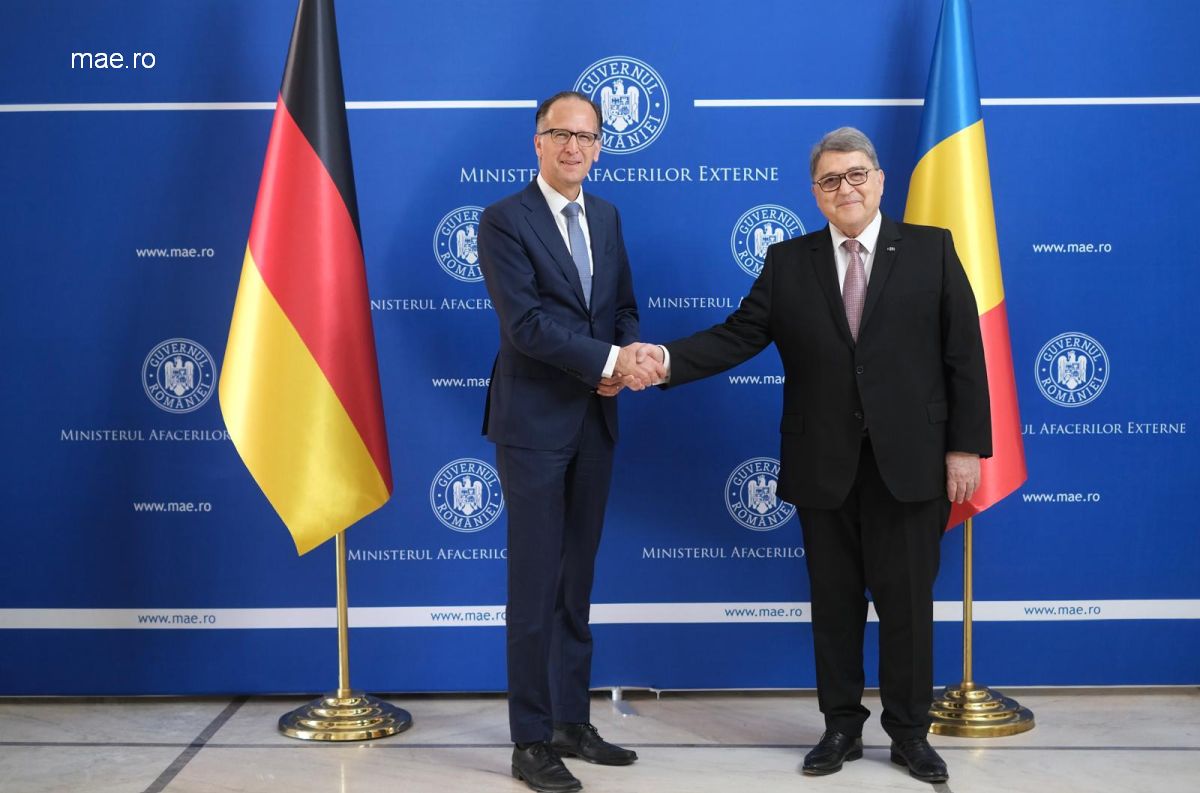Schengen Accession, Again in the Spotlight
In Brussels, the General Affairs Council approved the report on the Cooperation and Verification Mechanism for Romania, released in January by the European Commission.

Roxana Vasile, 19.03.2014, 14:11
Although the Ukraine crisis has arrested attention across Europe, the EU current affairs cannot be overlooked. On Tuesday, the General Affairs Council convened in Brussels, to endorse the report on the Cooperation and Verification Mechanism for Romania, made public in January by the European Commission. Should Bucharest continue to make progress, the Council pointed out, it may meet the goals of the Mechanism, which was established soon after the country’s EU accession because of lingering problems in reforming the judiciary and in fighting corruption.
The winter report acknowledges, among others, the progress made by Romania in many areas, making the overall performance of the key institutions in the field a positive one. There are also recommendations, with a focus on the independence and reform of the judiciary, on integrity and fighting corruption. The Cooperation and Verification Mechanism report for this year was particularly awaited, given that many EU member countries continue to make Romania’s accession to the Schengen area conditional on the findings in this report.
This condition, Bucharest argues, is artificial. The two issues are completely separate, and the judicial reforms should not be mixed with the Schengen accession. In Bucharest on Monday, the European Commissioner for Agriculture and Rural Development, Dacian Ciolos said Romania’s expectation to join Europe’s visa-free area is legitimate, because the country has fully adopted the rules and principles set forth to this end. Romania is prepared for accession, because it meets all the technical prerequisites originally defined.
The Cooperation and Verification Mechanism was accepted by the Government of Romania upon the signature of Romania’s EU accession Treaty, and is designed to help improve the operation of the judicial system. Therefore, it is unfair for the mechanism to be used by some Member States in order to change the rules of the game, as far as Romania’s joining Schengen is concerned, Ciolos argued. But since the accession requires the agreement of all Member States, convened in Council, the current deadlock can only be overcome through talks at a political level.
While on a visit to Greece, which holds the rotating presidency of the EU, Prime Minister Victor Ponta expressed his wish that Romania’s last step in the European integration may receive a positive response as soon as possible. In turn, President Traian Basescu said this winter that Romania’s goal is to join the Schengen area this year.






























